The future of customer care is evolving rapidly, with businesses seeking innovative solutions that provide flexibility, scalability, and efficiency for their operations. As a global leader in outsourced call center services, MCI offers both premise-based and work-at-home contact center outsourcing services to cater to the diverse needs of companies across the entire customer account lifecycle. Specifically, work-at-home agent models are gaining increased recognition across the industry for their potential to deliver exceptional customer care in an increasingly digital and remote workforce environment.
In this article, we will delve into the exciting prospects of work-at-home call center agents in Canada and explore the benefits and strategies for the successful integration of this model into businesses’ customer care operations. From cost savings to employee satisfaction, we will examine how remote call center support can revolutionize customer service, creating a competitive advantage for companies in the Canadian market.
Benefits of Work-at-Home Call Center Agents
Implementing a work-at-home call center model in Canada offers numerous advantages to businesses seeking greater efficiency, flexibility, and innovation in their customer care operations. Some of the key benefits of employing remote call center agents include:
1. Cost Savings: A remote call center model can significantly reduce overhead costs, such as office space, utilities, and equipment expenses, resulting in increased savings for businesses.
2. Access to a Wider Talent Pool: With location constraints removed, companies can hire talented call center agents across Canada, ensuring a diverse and skilled workforce to address customer needs effectively.
3. Enhanced Flexibility and Scalability: Work-at-home agents allow for rapid scaling of customer support operations in response to fluctuations in call volumes and changes in business demands, ensuring uninterrupted service for customers.
4. Higher Employee Satisfaction and Retention: Remote work arrangements often lead to increased job satisfaction, resulting in higher employee retention rates, reduced staff turnover, and a more experienced and efficient workforce.
Strategies to Ensure Effective Management of Remote Agents
Successfully incorporating a work-at-home agent model into your customer care operations requires well-defined strategies and appropriate management. Here are some key considerations and tactics to ensure the effectiveness of remote call center agents:
1. Technology Infrastructure: Invest in reliable and secure technology systems to enable seamless communication, collaboration, and access to essential resources, such as customer relationship management (CRM) tools and knowledge bases.
2. Training and Development: Provide comprehensive training and ongoing development opportunities for remote agents to ensure they possess the necessary product knowledge, communication skills, and problem-solving capabilities.
3. Performance Monitoring and Evaluation: Implement robust performance monitoring systems to track key performance indicators (KPIs) and evaluate the effectiveness of remote agents. Address any performance gaps promptly and provide constructive feedback to facilitate improvement and growth.
4. Communication and Support: Establish clear channels of communication for remote agents, including regular check-ins and dedicated points of contact, to ensure they remain engaged and have access to the support and resources required for success.
Maintaining Security and Compliance in Remote Call Center Operations
Data security and regulatory compliance are top concerns for businesses utilizing remote call center agents. To protect customer information and maintain compliance, consider implementing the following measures:
1. Secure Technology Infrastructure: Invest in secure VPN connections, encryption, and other security protocols to protect sensitive data transmission and access between remote call center agents and company systems.
2. Employee Agreements and Policies: Establish clear agreements and policies addressing data security, intellectual property protection, and confidentiality expectations for remote agents. Provide training on these policies to ensure agents are aware of their responsibilities.
3. Regular Audits and Assessments: Conduct periodic audits and assessments of remote agent practices and technology systems to identify potential security vulnerabilities and compliance risks.
4. Incident Management and Response: Develop an incident management and response plan to address potential security breaches or non-compliance situations promptly and effectively, minimizing the potential impact and restoring normal operations.
Adapting Customer Support Best Practices for Remote Agents
Understanding and adapting customer support best practices for work-at-home agents is essential to creating a consistent and exceptional customer experience. Consider the following best practices for remote call center operations:
1. Personalized Customer Interactions: Ensure remote agents have access to comprehensive customer profiles and interaction history, allowing them to provide personalized support and empathy during encounters.
2. Consistent Response Times and Service Levels: Develop clear procedures and KPIs for remote agents to maintain consistent response times and service levels, ensuring customers receive timely and effective support.
3. Proactive Customer Support: Encourage remote agents to adopt a proactive approach to customer service, anticipating potential customer needs and offering assistance or solutions before issues escalate.
4. Continuous Improvement and Innovation: Foster a culture of continuous improvement and innovation among remote call center agents, involving them in brainstorming initiatives and gathering feedback to drive future enhancements in customer support processes.
Embracing Work-at-Home Agents for Exceptional Customer Care
The future of customer care is poised to transform with the incorporation of work-at-home call center agents in Canada. By harnessing the power of remote work arrangements, businesses can reap significant cost savings, access a larger talent pool, and achieve unparalleled flexibility in their customer support operations. MCI, as a global leader in outsourced call center services, recognizes the immense potential of this model and offers extensive support to help businesses successfully navigate this transition.
Are you ready to revolutionize your customer care strategy with work-at-home agents in Canada? Get in touch with MCI today and gain access to the resources, expertise, and technology needed to make the shift and elevate your customer support to new heights, ensuring a competitive advantage in a rapidly evolving market. Contact us today to learn more about our top-notch call center services.









